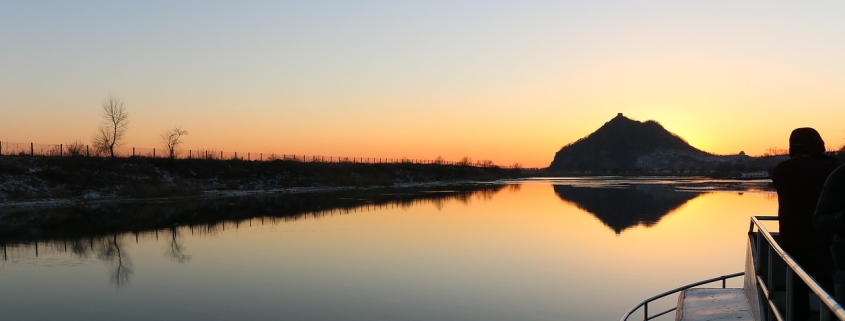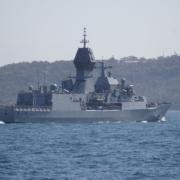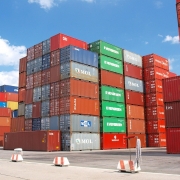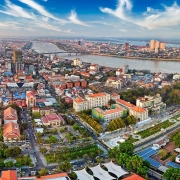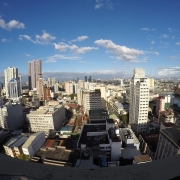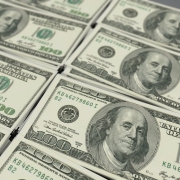When did the Chinese get involved in the Korean War?
Topic of Study [For H2 and H1 History Students]:
Paper 1: Understanding the Cold War (1945-1991)
Section A: Source-based Case Study
Theme I Chapter 2: A World Divided by the Cold War – Manifestations of the global Cold War: The Korean War (1950)
Historical context: Miscalculations
In September 1950, the United Nations Command (UNC) led by American General Douglas MacArthur repelled the North Korean invasion, liberating the South. As MacArthur brought the troops into the North to initiate a roll back against the pro-Communist forces, US President Truman had expressed reservations due to fears of Chinese retaliation.
Truman instructed MacArthur not to approach the Yalu River, which demarcated the border between North Korea and the People’s Republic of China (PRC), to avoid Chinese intervention. Yet, the general held the perception that PRC would not fight against a nuclear power. Also, he agreed with the Central Intelligence Agency’s (CIA) view that it was unlikely that the Chinse would launch a full-scale intervention in Korea.
When the Chinese or Soviet forces did not intervene at Incheon, at the crossing of the 38th Parallel or when UN forces reached the Yalu, the CIA appeared to adopt the assumption that they would not do so at all. The repeated failure to recognize such a possibility would to some extent explain the CIA’s insistent assumption in the estimates that the Chinese could not take a decisive part in the war without inevitably pushing themselves and the Soviet Union into a world war.
An excerpt from “Korean War – Chinese Invasion: People’s Liberation Army Crosses the Yalu, October 1950–March 1951” by Gerry van Tonder.
The Battle of Chosin and The Big Bugout
On 24 November 1950, MacArthur led an offensive to push the North Korean forces right up to the Yalu River. The overconfident general informed Major General John Coulter that when the American-led UNC forces approached Yalu River, they are “going home” to “eat Christmas dinner”.
In response, 180,000-strong People’s Volunteer Army (PVA) crossed the Yalu River and entered North Korea, driving the UNC forces back.
It was enough to make your hair stand on end… When the bugles died away we heard a voice through a megaphone and then the blast of a police whistle. I was plenty scared, but who wasn’t? I couldn’t believe my eyes when I saw them in the moonlight. It was like the snow coming to life, and they were shouting and shaking their fists – just raising hell… The Chinese didn’t come at us by fire and maneuver… they came in a rush like a pack of mad dogs. Even thought I was ready it was a terrible shock.
An excerpt from “Breakout: The Chosin Reservoir Campaign, Korea 1950” by Martin Russ.
The above quote was obtain from a personal encounter by Corporal Arthur Koch, a squad leader in the 5th Marine Regiment. The Chosin battle was a catastrophe for the UNC, which retreated to the 38th parallel by end December.
Following the retreat, the UNC suffered 13,000 casualties and its ground forces were in disarray.
What can we learn from this article?
Consider the following question:
– How far do you agree that the Korean War was dictated by external powers?
Join our JC History Tuition to learn more about the Cold War. The H2 and H1 History Tuition feature online discussion and writing practices to enhance your knowledge application skills. Get useful study notes and clarify your doubts on the subject with the tutor. You can also follow our Telegram Channel to get useful updates.
We have other JC tuition classes, such as JC Math Tuition and JC Chemistry Tuition. For Secondary Tuition, we provide Secondary English Tuition, Secondary Math tuition, Secondary Chemistry Tuition, Social Studies Tuition, Geography, History Tuition and Secondary Economics Tuition. For Primary Tuition, we have Primary English, Math and Science Tuition. Call 9658 5789 to find out more.

